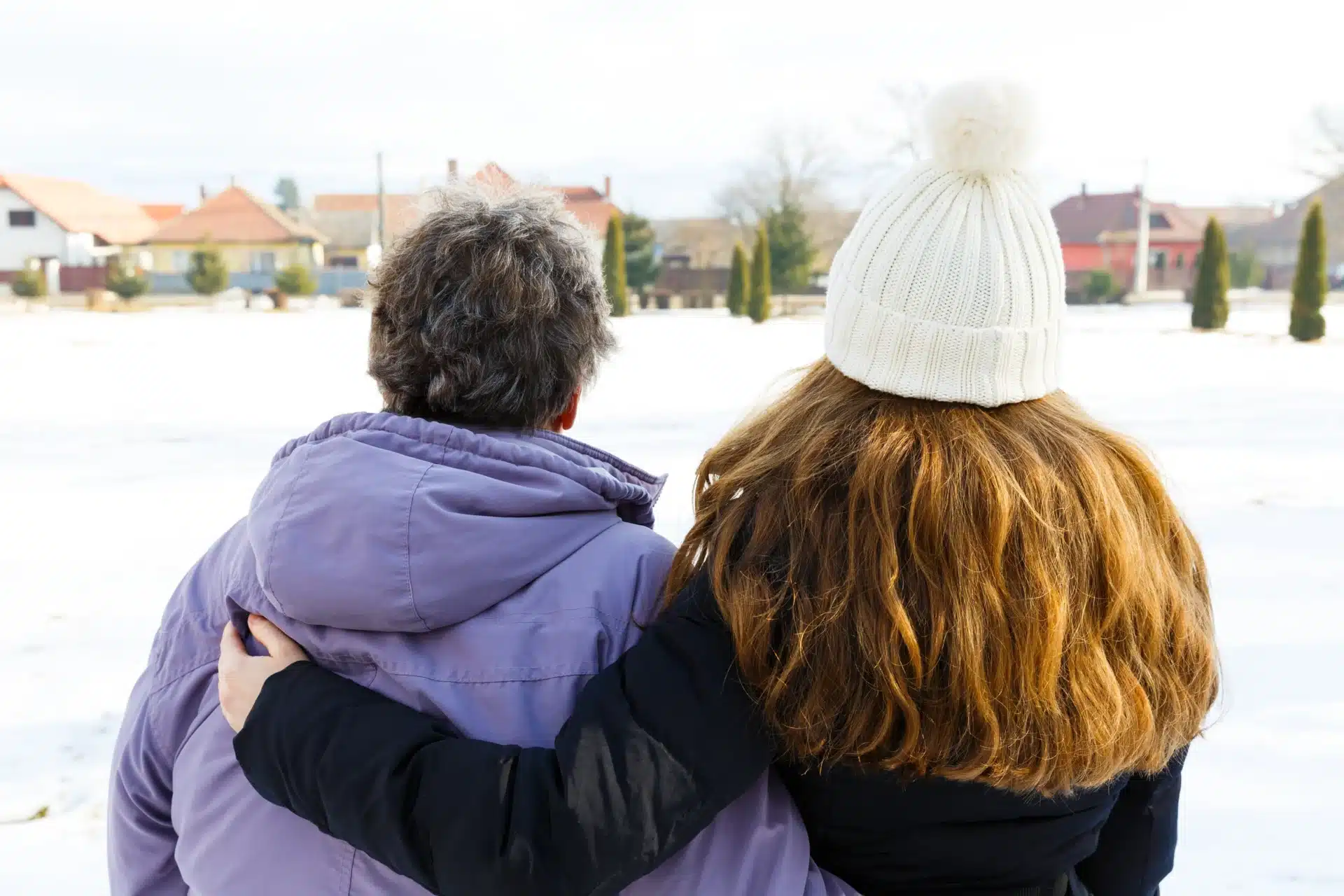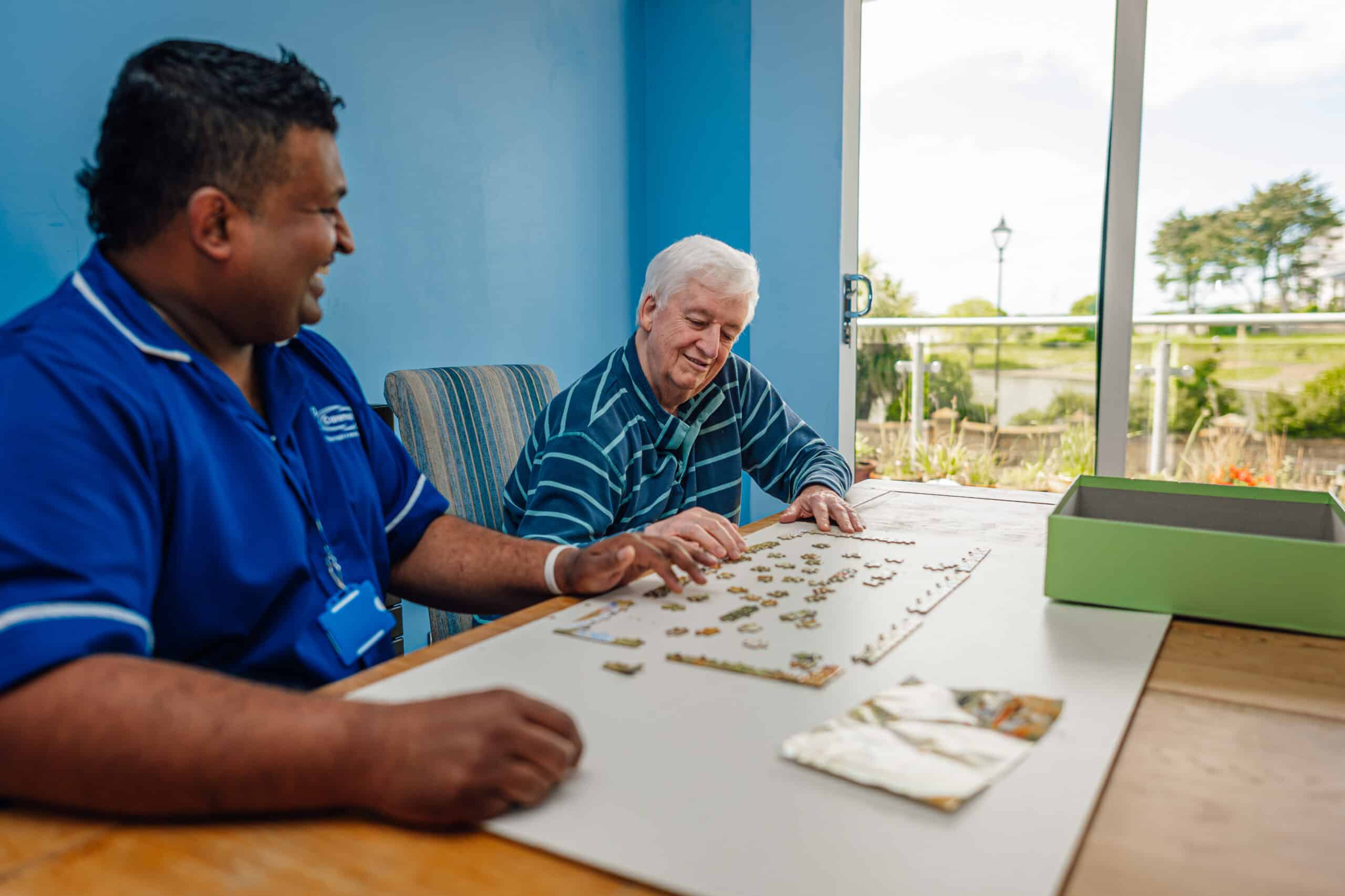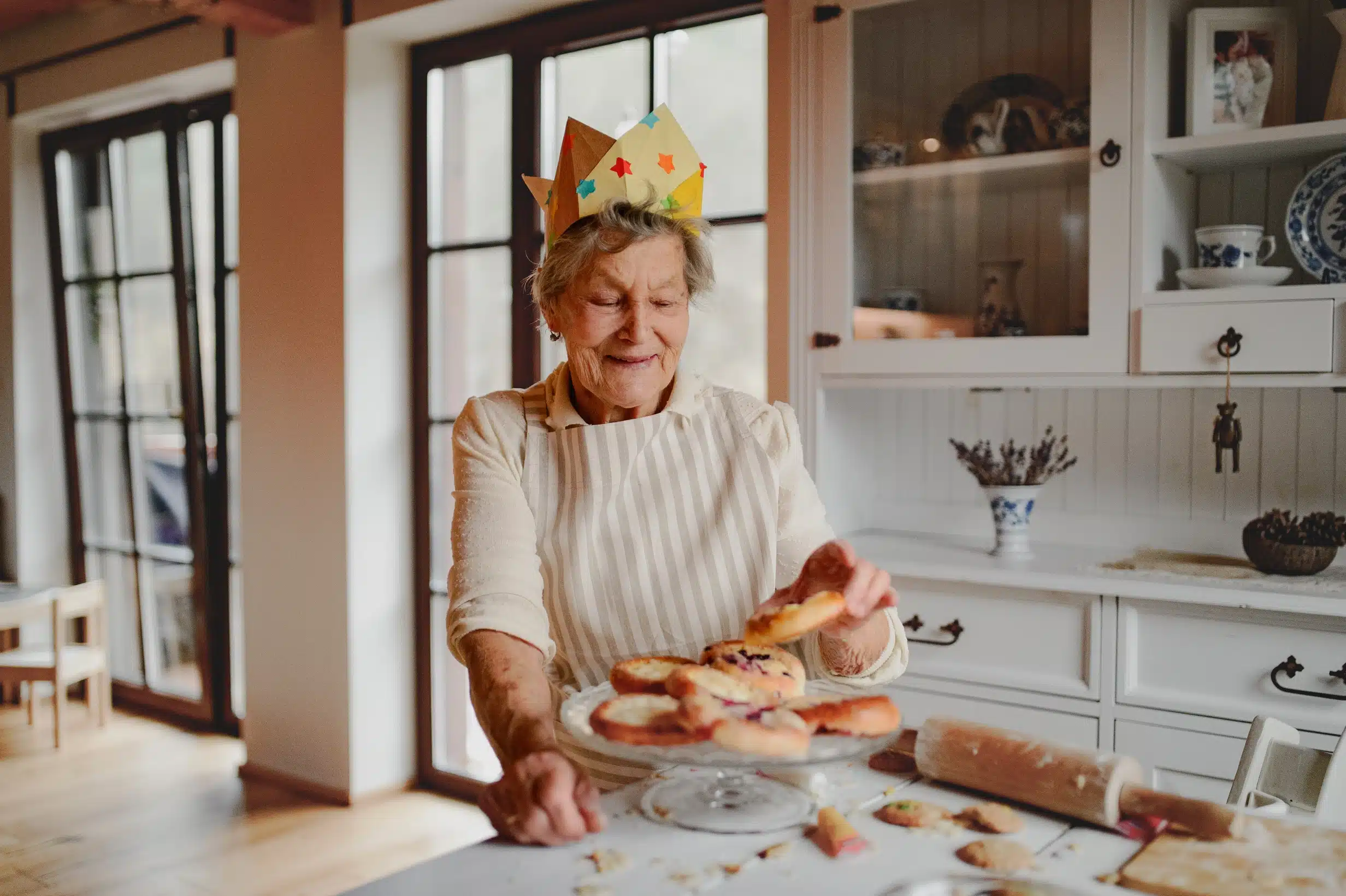5 Winter Activities for People with Dementia

The days grow shorter and temperatures are dropping. This means that people living with dementia may face increased isolation, confusion, and changes in mood. Winter can disrupt routines and reduce opportunities for social interaction. These elements are vital for cognitive and emotional wellbeing. Engaging in winter activities for people with dementia not only brings joy and stimulation. It also helps maintain a sense of purpose and connection. With the right support, winter can become a time of warmth and cherished memories.
Understanding Winter Challenges for People with Dementia
Cold weather can limit mobility and reduce time spent outdoors. This may lead to restlessness or low mood. Shorter daylight hours can affect sleep patterns and increase symptoms of sundowning. Holiday events or changes in care schedules may disrupt familiar routines. It is especially important to offer structured, comforting winter activities for people with dementia that promote engagement.

1. Sensory Snow Experience (Indoors or Outdoors)
Snow offers a rich sensory experience. If it’s safe to go outside, a short walk in the snow can be refreshing. You can recreate the experience indoors using artificial snow, cotton wool, or chilled shaving foam. Encourage gentle touch and conversation about winter memories. This stimulates senses, encourages reminiscence, and supports emotional wellbeing. You can also use gloves or soft cloths for those sensitive to cold textures.
2. Winter Baking Together
Baking activities like making gingerbread biscuits or decorating fairy cakes can be a joyful way to spend time together. Choose recipes with familiar smells and flavours to spark memories. This promotes motor skills, memory recall, and social interaction. You could pre-measure ingredients and use visual recipe cards to support independence.
3. Creating a Winter Memory Box
Fill a box with winter-themed items. This could include pinecones, cinnamon sticks, old Christmas cards, or woolly scarves. Use it for storytelling or quiet reflection. This encourages reminiscence, tactile engagement, and conversation. You can include items with different textures and scents to enhance sensory stimulation. These winter activities for people with dementia can provide comfort.
4. Watching Classic Winter Films or Listening to Seasonal Music
Familiar films like White Christmas or songs like Silent Night can evoke comforting memories. Keep volume and lighting gentle to avoid overstimulation. This supports emotional connection, reduces anxiety, and fosters calm. You could even create a cosy viewing space with blankets and warm drinks to enhance comfort.
5. Crafting Winter Decorations
Simple crafts can be adapted for different abilities. This includes making paper snowflakes or decorating pinecones. Displaying the finished pieces adds a sense of pride and purpose. This boosts creativity, fine motor skills, and self-esteem. Use large-handled tools or pre-cut shapes for easier handling.

The Benefits of Seasonal Engagement
Winter activities for people with dementia offer more than entertainment. They help maintain cognitive function, and reduce feelings of loneliness. They also provide structure during a season that can feel disorienting. For people with dementia, these moments of connection can be deeply meaningful. They can improve wellbeing and strengthen relationships with carers and loved ones.
How Caremark Supports Winter Activities
At Caremark, we know that meaningful engagement is as important as physical care. Our care assistants understand the unique needs of people living with dementia. This is especially important during the winter months, when routines may shift. Emotional wellbeing can be more vulnerable during this time.
We take time to learn each customer’s preferences, history, and comfort levels. Therefore, activities can be tailored to what feels familiar and enjoyable. Whether it’s baking a favourite childhood recipe, or chatting about snowy memories, our carers create moments that matter. We also work with families to ensure activities are safe and inclusive. From sensory tools to supporting mobility, our approach is compassionate and person-centred.

How Caremark Can Help
At Caremark, we provide high-quality, professional care that empowers individuals to live their best lives. Our kind and trustworthy care assistants are key to the tailored care we provide. Our customers are at the heart of everything we do, so we strive to support every one of their needs in managing their conditions.
Would you like to learn more about the care services we provide? Get in touch and discover how we can support you or someone you love. From dementia care to live-in care, we are here to help.
Key Takeaways
- Winter activities for people with dementia help combat isolation and promote cognitive engagement during colder months.
- Examples include sensory snow experiences, baking, and creating memory boxes, all encouraging connection and reminiscence.
- Watching familiar films and crafting decorations also supports emotional wellbeing and engagement.
- Caremark focuses on tailored activities, understanding individual preferences, and ensuring emotional comfort for those with dementia.